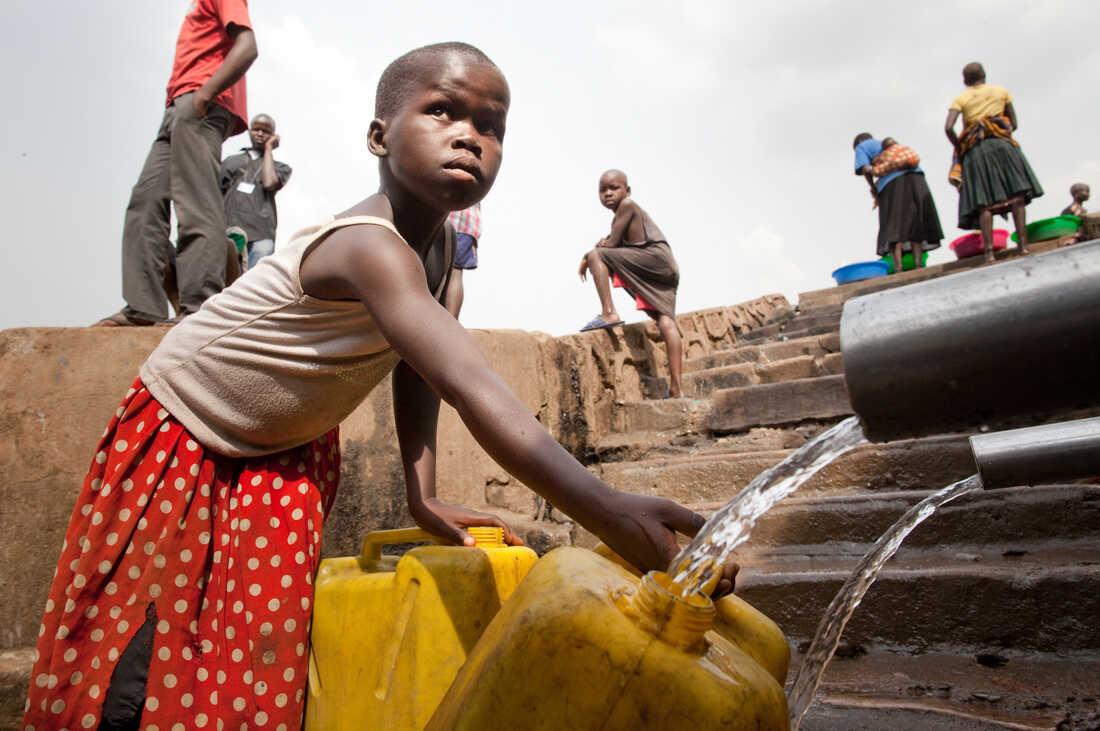
Mumbai, India’s financial capital, is not only a busy metropolis but also a city grappling with significant challenges in water supply management. With a population exceeding 20 million, ensuring access to clean and reliable water is a monumental task. However, amidst these challenges, integrating a data science course in Mumbai holds promise in revolutionising water supply management systems. Through innovative technologies and analytical tools, data science offers viable solutions to address Mumbai’s water management complexities.
- Understanding the Water Crisis:
The first step in mitigating Mumbai’s water crisis is comprehending its intricacies. Data science plays a pivotal role here, enabling authorities to analyse vast amounts of water usage, distribution, and quality data. By leveraging a data science course in Mumbai, professionals gain expertise in collecting and interpreting data, identifying patterns, and forecasting future trends. This knowledge empowers decision-makers to formulate informed strategies to tackle water scarcity effectively.
- Enhancing Infrastructure Efficiency:
Mumbai’s outdated water infrastructure exacerbates the challenges of supply management. Leaks, pilferage, and inefficient distribution systems contribute to significant losses in water resources. Through data-driven insights derived from methodologies taught in a data science course in Mumbai, authorities can pinpoint areas of infrastructure inefficiency. By implementing predictive maintenance models and intelligent sensor technologies, they can proactively address leaks and optimise distribution networks, thereby conserving water resources and improving service delivery.
- Optimising Resource Allocation:
More water resources necessitate judicious allocation to meet the needs of a growing population. Data science techniques enable authorities to analyse demographic trends, consumption patterns, and environmental factors to optimise resource allocation. By understanding peak demand periods and consumption trends, decision-makers can allocate water resources more effectively, ensuring equitable distribution across different regions. Moreover, predictive modelling can aid in anticipating future demand fluctuations, enabling proactive planning and resource management.
- Monitoring Water Quality:
Ensuring the quality of potable water is paramount for public health. However, monitoring water quality across Mumbai’s vast network is daunting. Data science facilitates real-time monitoring of water quality parameters by integrating data from sensors, satellite imagery, and environmental databases. Through machine learning algorithms taught in a data science course in Mumbai, authorities can detect anomalies, identify contamination sources, and initiate timely remedial measures to safeguard public health. Additionally, advanced analytics enable predictive water quality modelling, allowing authorities to anticipate potential risks and prevent waterborne diseases.
- Engaging Citizen Participation:
Citizen engagement is indispensable in addressing water supply challenges. Data science can facilitate citizen participation by harnessing the power of data visualisation and interactive platforms. By presenting data in an accessible format, such as dashboards or mobile applications, residents can track water usage, report leaks, and provide real-time feedback. Moreover, crowd-sourced data can supplement official datasets, enriching analytical insights and fostering a sense of ownership among citizens towards water conservation efforts. A Data scientist course equips professionals with the skills to develop user-centric applications and engage citizens effectively in water management initiatives.
- Implementing Policy Interventions:
Policy interventions are crucial for instituting systemic changes in water management practices. Data science provides valuable insights to policymakers, enabling evidence-based decision-making and policy formulation. By analysing historical data and simulating various scenarios, policymakers can assess the efficacy of different interventions and prioritise resource allocation accordingly. Moreover, data-driven policy frameworks facilitate adaptive management strategies, allowing authorities to recalibrate policies based on evolving environmental, social, and economic dynamics. Data science course equip policymakers with the analytical skills to comprehensively navigate complex policy landscapes and address water supply challenges.
Conclusion: Mumbai’s water supply challenges demand innovative solutions, and data science emerges as a powerful tool in this endeavour. By leveraging data science techniques, authorities can gain actionable insights into water usage patterns, infrastructure efficiency, and water quality parameters. Data science offers multifaceted approaches to address Mumbai’s water management complexities, from optimising resource allocation to engaging citizens in conservation efforts. Investing in a data science course in Mumbai enhances professional capabilities and fosters a sustainable and resilient water supply ecosystem for future generations.
Business Name: ExcelR- Data Science, Data Analytics, Business Analyst Course Training Mumbai
Address: Unit no. 302, 03rd Floor, Ashok Premises, Old Nagardas Rd, Nicolas Wadi Rd, Mogra Village, Gundavali Gaothan, Andheri E, Mumbai, Maharashtra 400069, Phone: 09108238354, Email: enquiry@excelr.com





